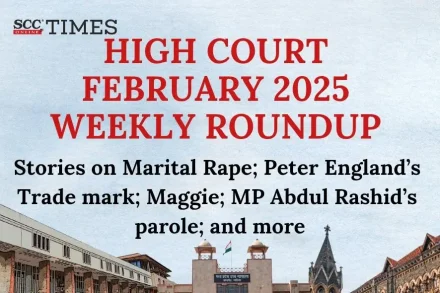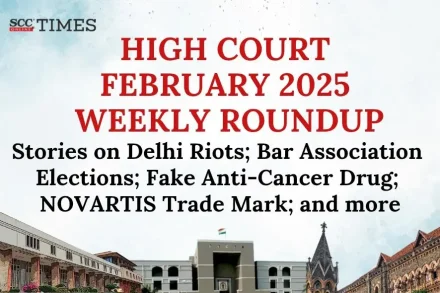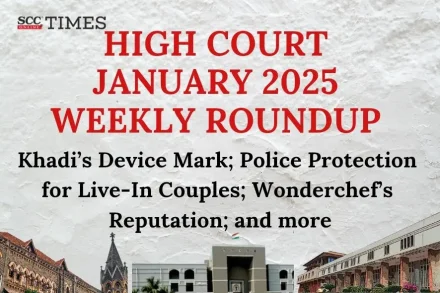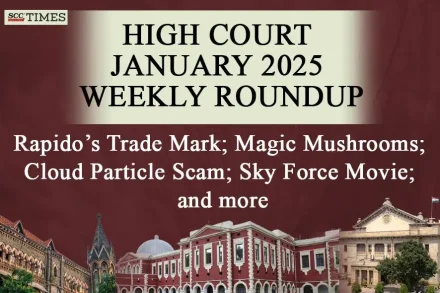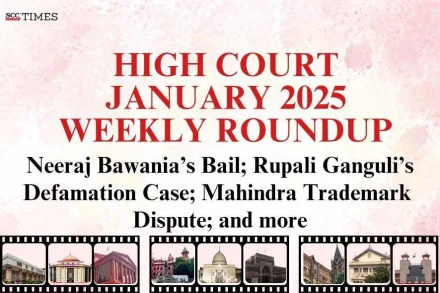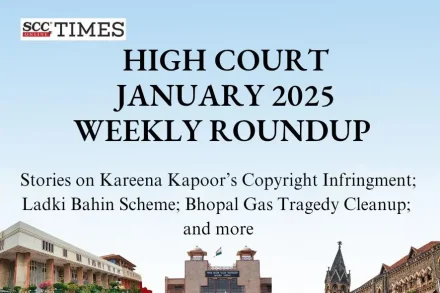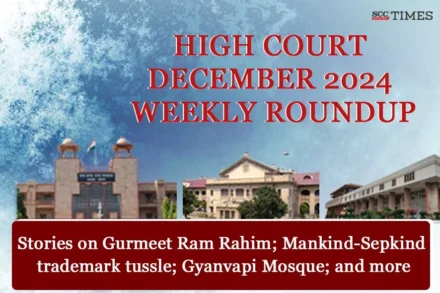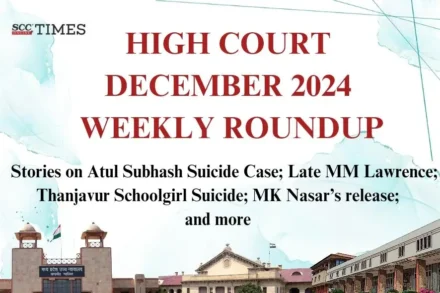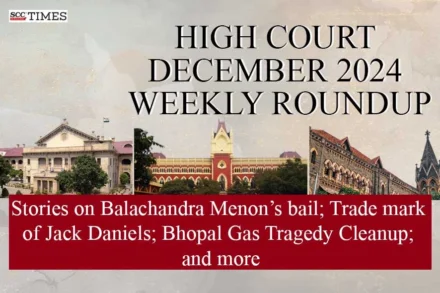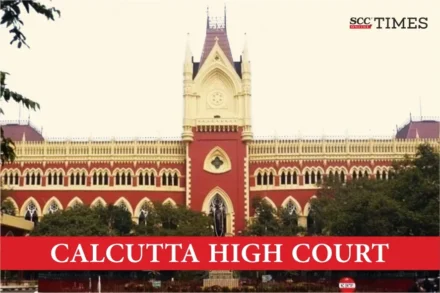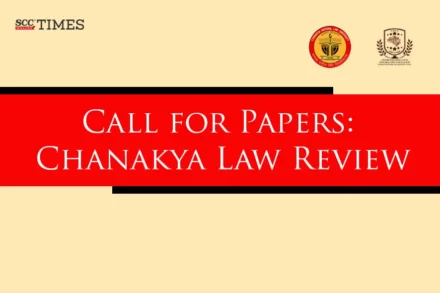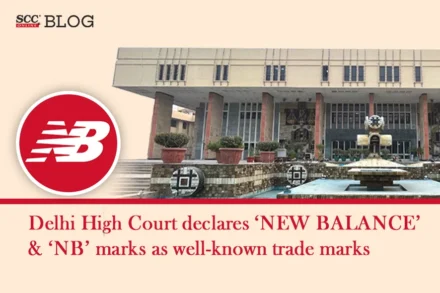
Delhi HC grants permanent injunction in favour of Peak XV Partners; restrains fraudulent websites and WhatsApp groups from passing off its trade mark
The unauthorized actions of Defendant 1, including the creation and operation of fraudulent WhatsApp/Telegram groups, websites and mobile apps, have given rise to substantial confusion, leading individuals to falsely believe that the impugned groups and website are affiliated with plaintiff.



